
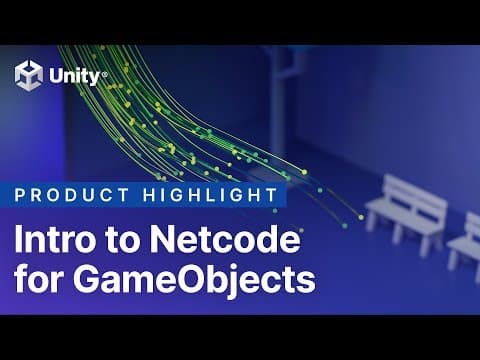
Target casual co-op multiplayer games with the Netcode for GameObjects package. Synchronize scenes and GameObjects data across multiple clients and platforms with either client- or server-authoritative models. Unity helps you optimize your multiplayer games with tools to profile the network, both in Play Mode and at runtime.
Relay, from Unity Gaming Services, is a cost-effective peer-to-peer companion service to scale playtests and build a multiplayer game without having to invest in dedicated hosting.

Target competitive action multiplayer games with the Netcode for Entities package based on ECS, built for performance and scalability. Build ambitious server-authoritative gameplay featuring prediction, interpolation, and lag compensation.
Manage the costs with a dedicated server build target that can automatically strip assets. Deploy it with Multiplay Hosting from Unity Gaming Services, a streamlined approach to maintaining resiliency and scalability in your gaming infrastructure, so you can focus on providing the best experience to your players.

Build your small-scale cooperative game with Netcode for GameObjects and connect your players with Relay and Lobby.
Plus, access more Unity solutions available to build, manage, and grow your game – battle-tested by the biggest names in gaming.

Unity Transport Package is a netcode-agnostic library that provides a low-level network layer focused on performance and reliability – a modern, secure, and portable transport library that extends the conventional UDP with advanced features such as support for the Unity Relay service, UnityTLS, and pipelines among others.
Both Netcode for GameObjects and Netcode for Entities rely by default on UTP as a transport. However, developers looking to keep fine-grain control over the network can use UTP as a standalone library.
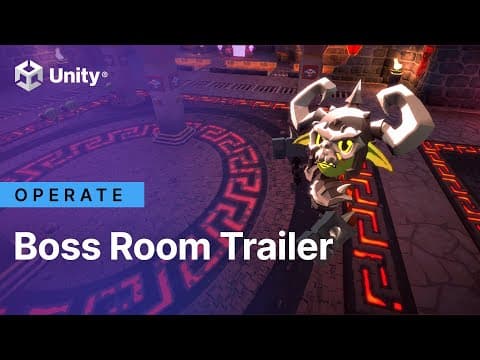
Learn more about multiplayer game development by exploring the code of our multiplayer samples.

Someone once said that it’s dangerous to go alone – so we thought you should take this! Dive into our documentation for technical references and content to get started with networking.
Plus, our team is active on the Multiplayer forum, Discord, and GitHub if you have any questions.

The Bitesize Samples repository provides a series of sample code as modules to use in your games and better understand Netcode for GameObjects (Netcode).
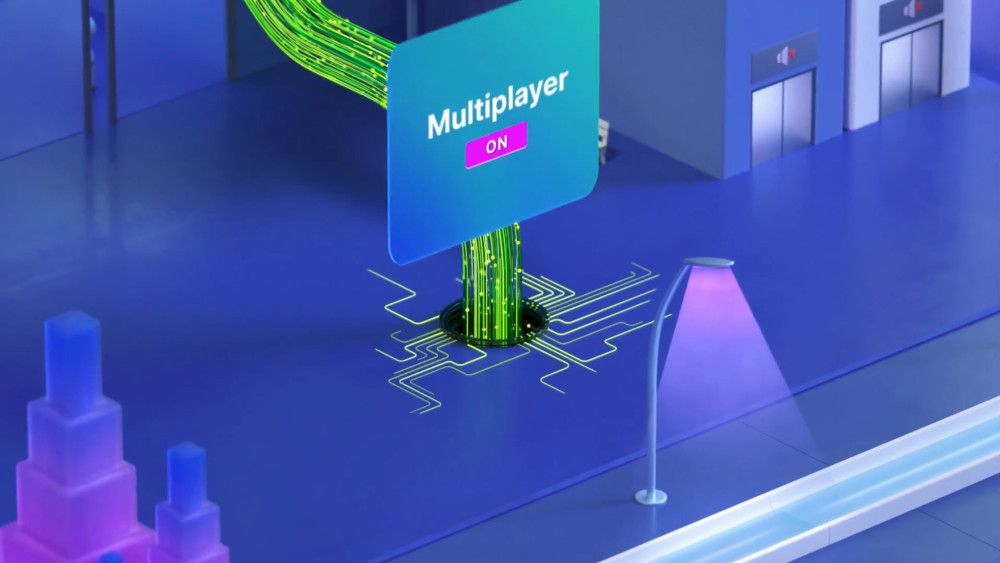
Access this tutorial to acquire a fundamental understanding of Netcode for GameObjects and know how to employ it when creating a casual co-op multiplayer game.
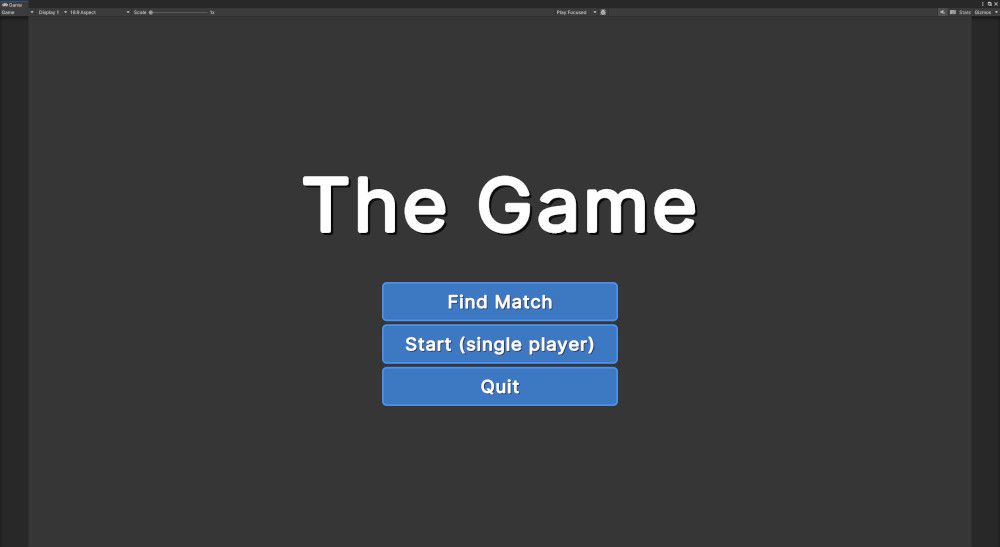
This template provides a starting point to create and ship your Multiplayer project using Netcode For GameObjects and Unity's gaming services.
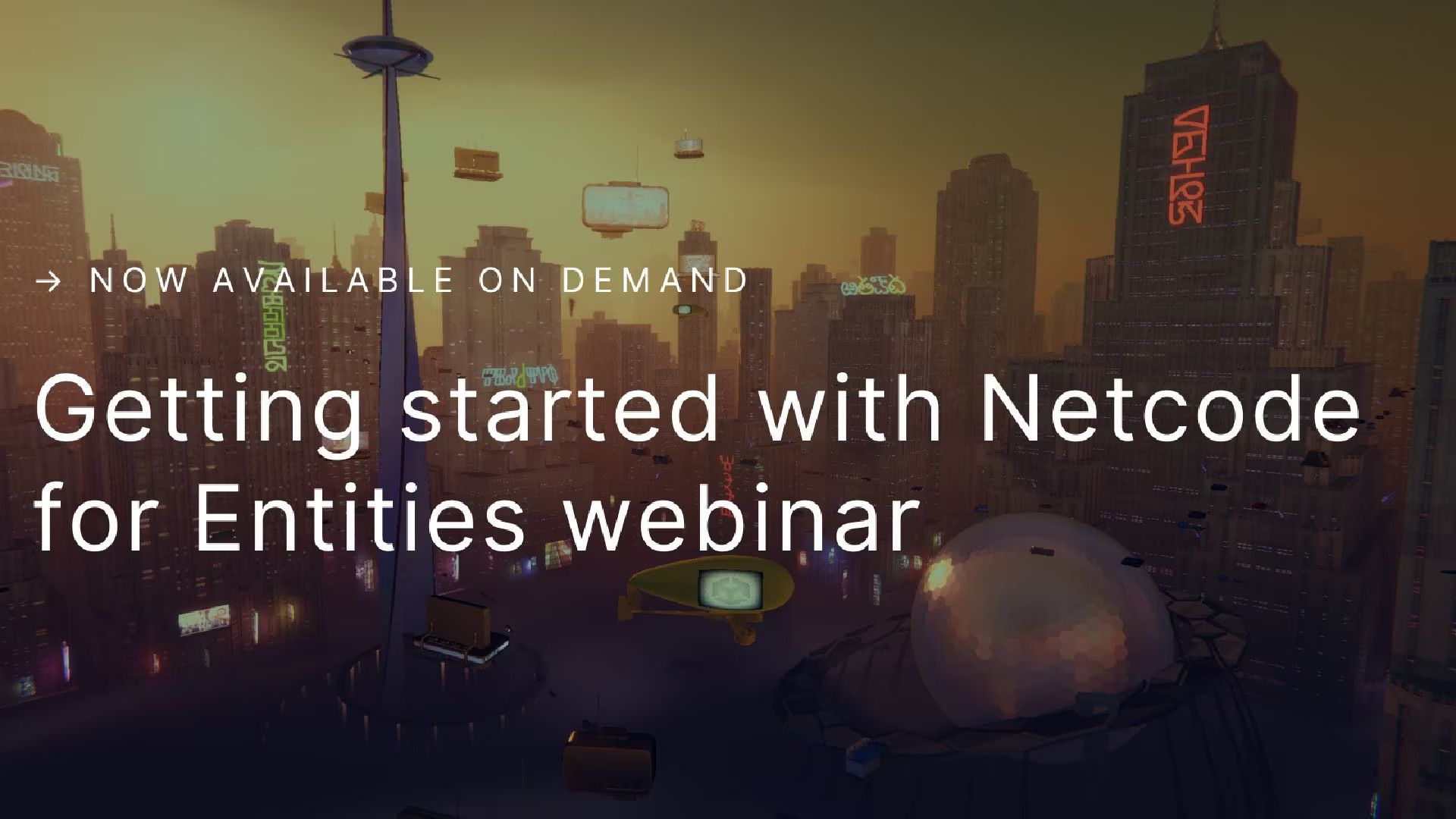
Watch this on-demand webinar to go over a deep dive into Megacity Metro demo to learn how to enable entities into your project along with Unity's gaming services.

Install Unity multiplayer solutions to get a head start on your next project.